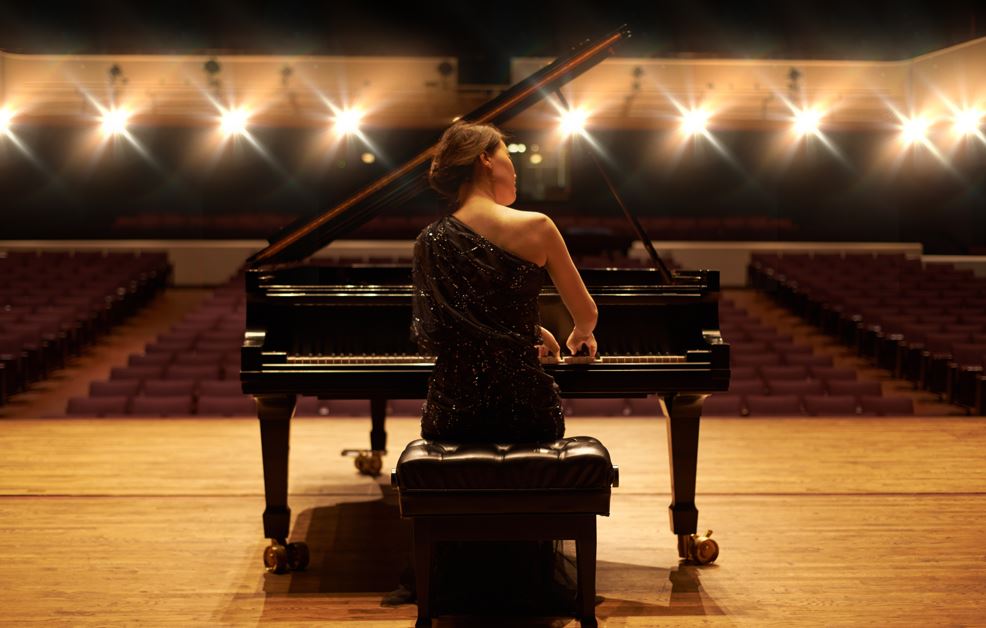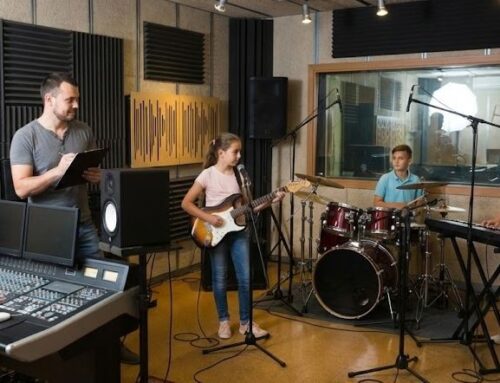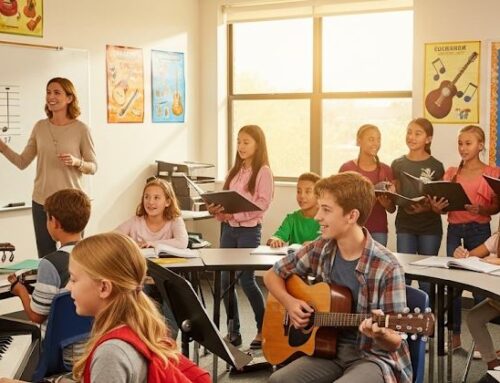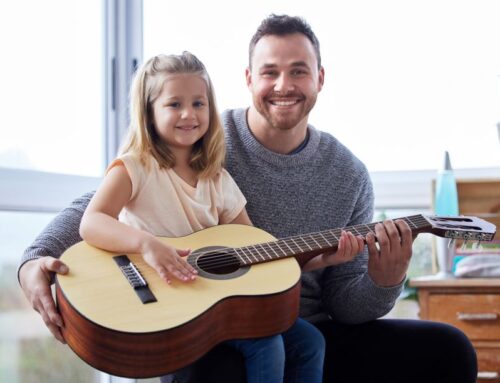Learning to play the piano is a journey that requires dedication, consistent practice, and quality instruction. As you embark on this musical adventure, one of the most common questions is: “How long will it take to advance my skills?” This article will break down what it typically takes to progress from a complete beginner to intermediate, advanced, and even a world-class pianist, as well as provide insights on practice routines that will help you reach your goals efficiently.
1. Starting as a Complete Beginner
What Does It Mean to Be a Beginner? A beginner pianist is someone who is completely new to the piano or has only had a few lessons. At this stage, you’ll be focusing on basic skills such as learning the notes on the piano, understanding rhythm and basic music theory, developing hand coordination, and playing simple melodies with one hand.
How Long Does It Take to Reach This Level? For most people, it takes about 1-3 months of weekly lessons and consistent practice to reach a solid beginner level. This is assuming you’re practicing about 20-30 minutes a day, 5-6 days a week. At the end of this stage, you should be able to read simple sheet music, play basic scales, and perform a few simple songs.
Practice Tips for Beginners: Break your practice sessions into smaller chunks (10-15 minutes) focusing on different skills, such as scales, finger exercises, and playing simple songs. Use a metronome to develop a steady sense of rhythm. Record yourself playing to monitor your progress.
2. Moving to the Intermediate Level
What Does It Mean to Be Intermediate? At the intermediate level, your piano skills will be more developed, and you’ll be able to play with both hands simultaneously, read and interpret more complex sheet music, understand and play chords, arpeggios, and scales fluently, and begin playing pieces with more dynamic expression and technical challenges.
How Long Does It Take to Reach This Level? On average, reaching the intermediate stage can take 1-3 years of consistent weekly lessons and dedicated practice. By this point, you’ll likely be practicing around 30-45 minutes a day, 5-6 days a week. The time frame depends on how consistently you practice and how challenging the pieces you’re working on are.
Practice Tips for Intermediate Pianists: Incorporate scales, arpeggios, and chord progressions into your daily practice routine. Begin practicing sight-reading to improve your ability to read music fluently. Challenge yourself with pieces that introduce new techniques, such as more advanced fingerings, pedal usage, or different musical styles.
3. Achieving Advanced Piano Skills
What Does It Mean to Be Advanced? Advanced pianists can play complex pieces that require a high level of technical skill, express musicality with dynamics, phrasing, and articulation, read and interpret challenging sheet music with ease, and improvise or even compose their own music.
How Long Does It Take to Reach This Level? It generally takes 5-10 years to reach an advanced level with regular weekly lessons and daily practice. This involves practicing for about 1-2 hours a day, focusing on refining technique, mastering advanced repertoire, and developing expressive playing.
Practice Tips for Advanced Pianists: Focus on perfecting your technique with challenging exercises like Hanon, Czerny, or Chopin Etudes. Record your performances to fine-tune your musical interpretation. Explore different styles and genres to become a more versatile pianist.
4. Becoming a World-Class Pianist
What Does It Mean to Be World-Class? A world-class pianist has complete mastery over the instrument and can play the most challenging repertoire with ease, possesses exceptional musical interpretation and expression, and often performs professionally at international competitions, concerts, or recordings.
How Long Does It Take to Reach This Level? Reaching a world-class level can take a lifetime of dedication, typically involving 10-20+ years of disciplined practice and instruction. Professional pianists often practice 4-6 hours a day and may continue to learn and refine their skills throughout their careers.
Practice Tips for Aspiring World-Class Pianists: Work with a highly skilled instructor or coach who can provide guidance on advanced techniques and musical interpretation. Participate in masterclasses, workshops, and competitions to gain performance experience. Maintain a disciplined practice schedule that includes technical exercises, sight-reading, repertoire study, and performance practice.
Weekly Lessons and Effective Practice Time
No matter where you are on your piano journey, weekly lessons are essential for guided progress. Here’s what an ideal weekly practice schedule might look like at different stages:
At Capstone Music in Burlington, we’re all about taking you through the various stages of learning the piano in a comfortable environment. We’re voted best for a reason, and we’d love to show you why. Contact us and register for piano lessons today!
Beginner Level: Lesson Time: 30 minutes to 1 hour per week. Practice: 20-30 minutes per day, focusing on finger exercises, basic scales, and simple songs.
Intermediate Level: Lesson Time: 1 hour per week. Practice: 30-45 minutes per day, incorporating scales, arpeggios, sight-reading, and more challenging pieces.
Advanced Level: Lesson Time: 1 hour+ per week, possibly with a specialized instructor. Practice: 1-2 hours per day, focusing on advanced technique, repertoire, and performance skills.
World-Class Level: Lesson Time: Regular coaching sessions, often with renowned instructors. Practice: 4-6 hours per day, including technical exercises, performance preparation, and interpretation work.
Factors That Influence Your Learning Speed
Consistency, quality of instruction, age and physical dexterity, and previous musical experience all play a role in how quickly you advance. Regular, focused practice is more effective than sporadic long sessions, and having a skilled teacher can guide you through challenges and help you build a strong foundation. Younger students may learn faster due to greater neural plasticity, but adults can achieve great results with dedication. If you have experience with another instrument, you may progress faster on the piano.
The Piano Journey – A Lifelong Reward
Learning to play the piano is a personal journey that unfolds over time. The rate of progress varies from one individual to another, but with dedication, consistent practice, and the right guidance, anyone can achieve their piano goals. Whether you’re aiming to play a simple tune for family gatherings or perform on the world stage, the key is to enjoy the process, celebrate every milestone, and remain passionate about the music. The beauty of learning piano lies in the journey itself, and every step forward brings you closer to mastering this magnificent instrument.






